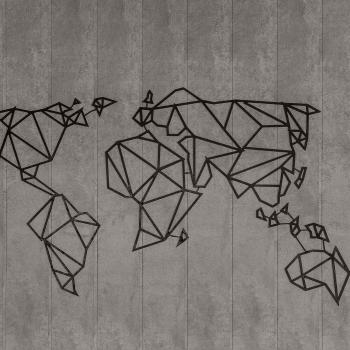Is it so hard to imagine tomorrow? What about the year 2100?
With technology progressing at a nearly unimaginable speed, it’s hard to imagine what our world will be like in the future. We already have technology that can predict our behavior based upon our internet searches. What will machines be able to do in 100 years? In 1000?
This book review on Yuval Noah Harari’s new book, Homo Deus: A Brief History of Tomorrow, looks asks these questions and more.
At the heart of this spellbinding book is a simple but chilling idea: human nature will be transformed in the 21st century because intelligence is uncoupling from consciousness. We are not going to build machines any time soon that have feelings like we have feelings: that’s consciousness. Robots won’t be falling in love with each other (which doesn’t mean we are incapable of falling in love with robots).
But we have already built machines – vast data-processing networks – that can know our feelings better than we know them ourselves: that’s intelligence. Google – the search engine, not the company – doesn’t have beliefs and desires of its own. It doesn’t care what we search for and it won’t feel hurt by our behaviour. But it can process our behaviour to know what we want before we know it ourselves. That fact has the potential to change what it means to be human.
We are just at the start of this process of data-driven transformation and Harari says there is little we can do to stop it. Homo Deus is an “end of history” book, but not in the crude sense that he believes things have come to a stop. Rather the opposite: things are moving so fast that it’s impossible to imagine what the future might hold.
In 1800 it was possible to think meaningfully about what the world of 1900 would be like and how we might fit in. That’s history: a sequence of events in which human beings play the leading part. But the world of 2100 is at present almost unimaginable. We have no idea where we’ll fit in, if at all. We may have built a world that has no place for us.
Given what an alarming thought this is, and since we aren’t there yet, why can’t we do more to stop it from happening? Harari thinks the modern belief that individuals are in charge of their fate was never much more than a leap of faith.
Real power always resided with networks. Individual human beings are relatively powerless creatures, no match for lions or bears. It’s what they can do as groups that has enabled them to take over the planet. These groupings – corporations, religions, states – are now part of a vast network of interconnected information flows.
Finding points of resistance, where smaller units can stand up to the waves of information washing around the globe, is becoming harder all the time.











